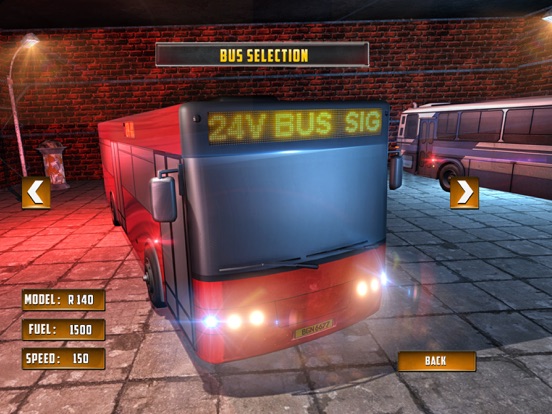
Bus Driver Speed Modeling
Bus driver: Had the garbage truck not been exceeding the speed limit, it would not have collided with the bus I was driving. I, on the other hand, was abiding by all traffic regulations—as the police report confirms. Therefore, although I might have been able to avoid the collision had I reacted more quickly, the bus company should not reprimand me for the accident. Which one of the following principles, if valid, most helps to justify the reasoning in the bus driver’s argument? (A) If a vehicle whose driver is violating a traffic regulation collides with a vehicle whose driver is not, the driver of the first vehicle is solely responsible for the accident. (B) A bus company should not reprimand one of its drivers whose bus is involved in a collision if a police report confirms that the collision was completely the fault of the driver of another vehicle.
(C) Whenever a bus driver causes a collision to occur by violating a traffic regulation, the bus company should reprimand that driver. (D) A company that employs bus drivers should reprimand those drivers only when they become involved in collisions that they reasonably could have been expected to avoid. (E) When a bus is involved in a collision, the bus driver should not be reprimanded by the bus company if the collision did not result from the bus driver’s violating a traffic regulation. Source: LSAT. Bus driver: Had the garbage truck not been exceeding the speed limit, it would not have collided with the bus I was driving. I, on the other hand, was abiding by all traffic regulations—as the police report confirms. Therefore, although I might have been able to avoid the collision had I reacted more quickly, the bus company should not reprimand me for the accident.
Which one of the following principles, if valid, most helps to justify the reasoning in the bus driver’s argument? (A) If a vehicle whose driver is violating a traffic regulation collides with a vehicle whose driver is not, the driver of the first vehicle is solely responsible for the accident. (B) A bus company should not reprimand one of its drivers whose bus is involved in a collision if a police report confirms that the collision was completely the fault of the driver of another vehicle. (C) Whenever a bus driver causes a collision to occur by violating a traffic regulation, the bus company should reprimand that driver.
KishMish Games: Bus Driver Simulator 2018, Noise, VCB Why City. Hello everyone, we are indie game developers. So far we are getting busy with.
(D) A company that employs bus drivers should reprimand those drivers only when they become involved in collisions that they reasonably could have been expected to avoid. (E) When a bus is involved in a collision, the bus driver should not be reprimanded by the bus company if the collision did not result from the bus driver’s violating a traffic regulation. Source: LSAT How does one choose E over B? B looked more reasonable to me. Question Type: Strengthen Premise: The speeding garbage truck collided with the bus, which the bus driver was driving.
The police report has confirmed that the bus driver did not violate any traffic rules. Atozmp3 net telugu songs free download. Conclusion: The bus company should not reprimand the bus driver, as it is not his fault. Analysis: Even though the bus driver could have avoided the accident by reacting quickly during the accident, but since it cannot be proved, we cannot reprimand someone for their ability to do something, unless it is the law.
The facts are in favor of the bus driver. (A) If a vehicle whose driver is violating a traffic regulation collides with a vehicle whose driver is not, the driver of the first vehicle is solely responsible for the accident. True, but the conclusion of the argument is not arguing about reprimanding the truck driver.

Hence Incorrect. (B) A bus company should not reprimand one of its drivers whose bus is involved in a collision if a police report confirms that the collision was completely the fault of the driver of another vehicle.
It is actually close, however it does not directly addresses the argument. The argument states that the bus driver could have been able to avoid the accident, so he may not be charged under law, but the bus company could have a policy to reprimand him. (C) Whenever a bus driver causes a collision to occur by violating a traffic regulation, the bus company should reprimand that driver. The bus driver did not violate any traffic regulations as proved by the police report. The answer choice is stating a scenario, if it happens, however this does not strengthen the conclusion. (D) A company that employs bus drivers should reprimand those drivers only when they become involved in collisions that they reasonably could have been expected to avoid.
Weakens the argument, as it goes against the conclusion. Incorrect (E) When a bus is involved in a collision, the bus driver should not be reprimanded by the bus company if the collision did not result from the bus driver’s violating a traffic regulation. This directly talks about the bus driver's case & hence strengthen's the conclusion.